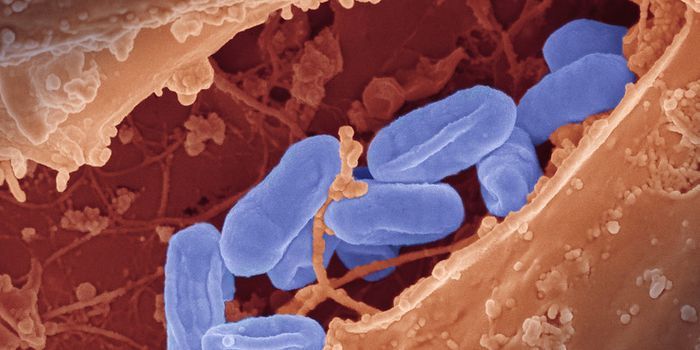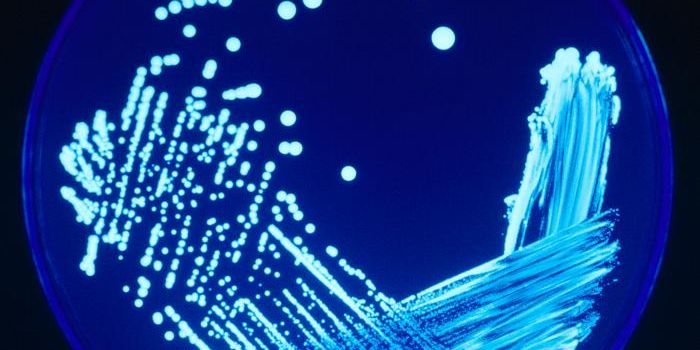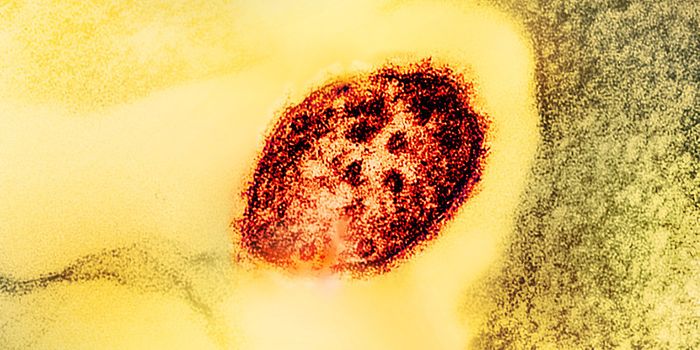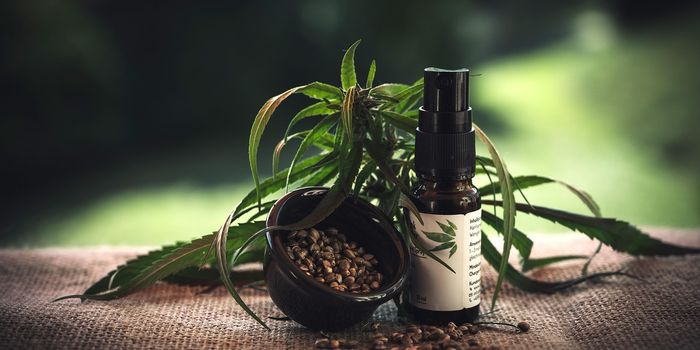The Developing Fetus is Exposed to Bacteria in the Womb
Our bodies host many microbes, and scientists have been learning more about the role of this microbiome in our health, and when it is first established. There has been controversy about the timing of our first exposure to bacteria. While it’s been shown that our microbiome begins to form as soon as we are born, there is evidence that the foundations are laid even earlier, in the womb. Other scientists have pushed back against that idea; the womb has always been assumed to be a sterile environment, and contaminants or inadequate methodology may have confounded results that indicated the presence of bacteria there.
A team of Australian researchers has now confirmed that there are bacteria in the womb, and these microorganisms may be impacting the developing fetus. The work has been reported in Frontiers in Microbiology.
"Over the last decade, numerous studies have detected bacterial DNA in amniotic fluid and first-pass meconium [the first poo], challenging the long-held assumption that the womb is sterile," explained the lead author of the study Lisa Stinson of the University of Western Australia. "However, some argue that the results are false positives - contaminants in the reagents used in DNA analysis."
In this work, the researchers collected amniotic fluid from fifty women that had scheduled cesarean deliveries; 43 of the samples could be analyzed and 36 of them carried bacteria. Bacteria were also found in the first fecal sample from every one of the fifty newborns. During their tests, the team took care to ensure that the samples would not be contaminated with bacteria from some other source.
"Despite these measures, we still found bacterial DNA in almost all samples," noted Stinson. "Interestingly, the meconium microbiome varied hugely between individual newborns. The amniotic fluid microbiome, for the most part, contained typical skin bacteria, such as Propionibacterium acnes and Staphylococcus species."
Importantly, none of the women, nor their babies showed symptoms of infection. The purpose of these microbes is still unknown; they may be important to the establishment of a healthy immune system.
"We found that levels of important immune modulators in meconium and inflammatory mediators in amniotic fluid varied according to the amount and species of bacterial DNA present. This suggests that the fetal microbiome has the potential to influence the developing fetal immune system."
The researchers acknowledged that they still have to confirm that these microbes are alive in the womb, and what they detected was not the remnants of dead bacteria.
"Here we've proven that bacterial DNA is present in the womb, but the next step will be to show whether these are alive and constitute a true microbiome," concluded Stinson.
A Canadian research project is aiming to find out more about how the microbiome develops during childhood, and how that affects the immune system and health throughout life. Learn more about the effort, and some of their findings, from the video.
Sources: AAAS/Eurekalert! via Frontiers, Frontiers in Microbiology









